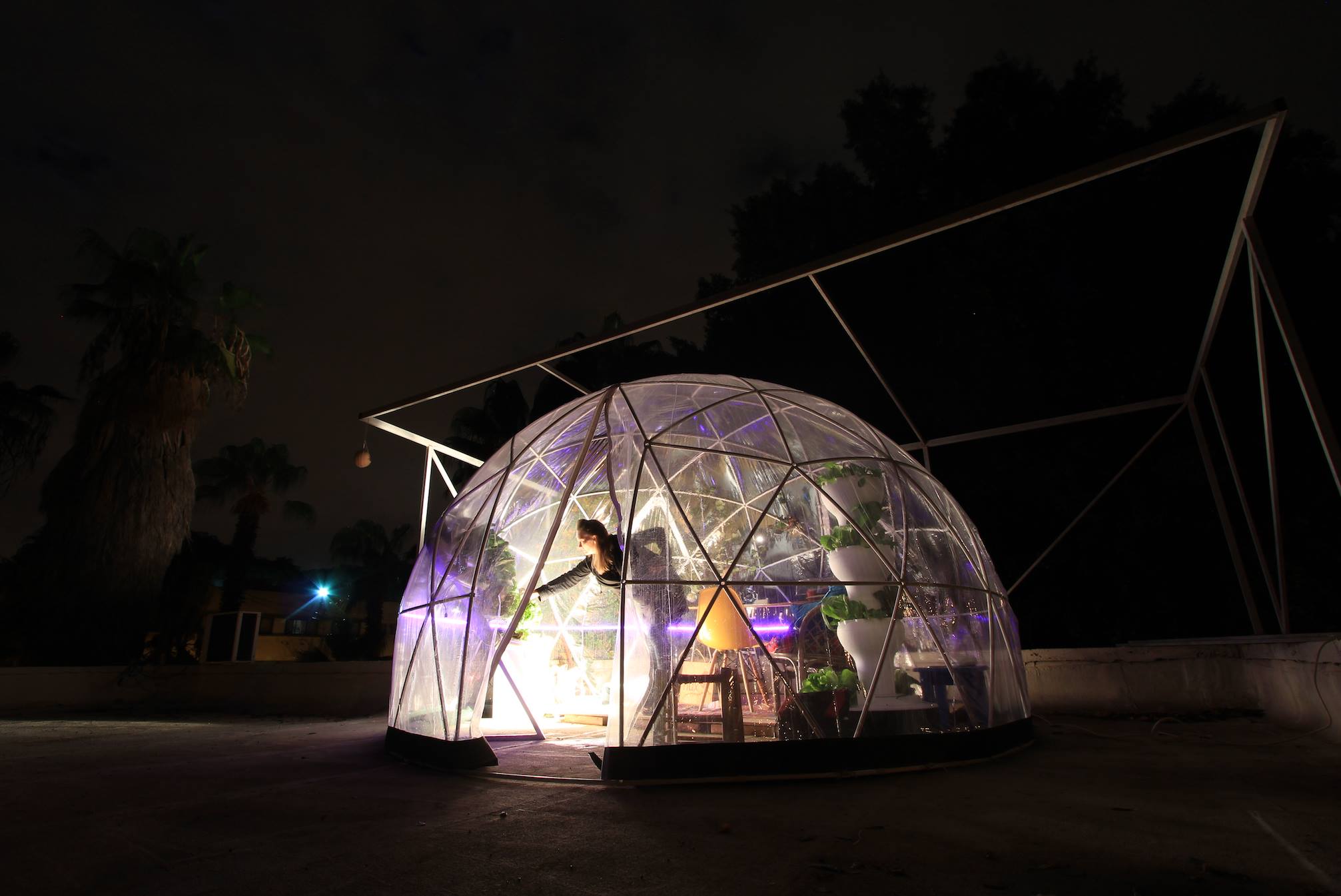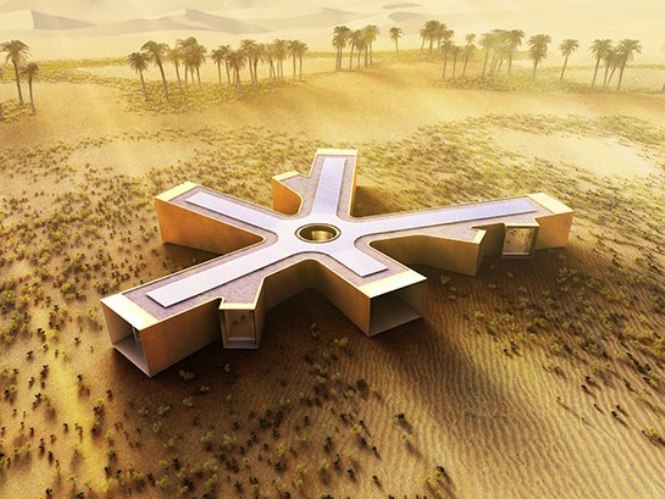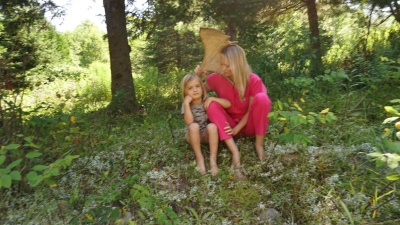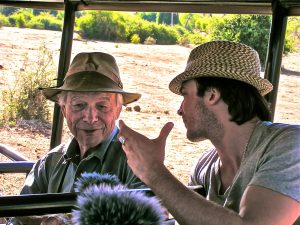Unlocking the potential of agricultural innovations, be it simple solutions or satellite-based technologies, will help prevent a drought from turning into famine and forced displacement and to reverse desertification, FAO Director-General José Graziano da Silva said today.
Speaking at the opening of the 2nd International Seminar on Drought and Agriculture at FAO headquarters in Rome, as part of the World Day to Combat Desertification and Drought celebrations, Graziano da Silva said: “It is quite impossible to avoid a drought from happening, but we can avoid a drought turning into famine or displacement of people.”
He stressed that more than 80 percent of all damage and loss caused by drought was absorbed by farmers and agricultural sector, noting that one of the main causes of increasing hunger in the last three years was El Niño provoking severe droughts on the East African coast.
“Every year the world loses 24 billion tons of soils, and dryland degradation reduces national domestic product in developing countries by 8 percent annually,” the United Nations Secretary-General Antonio Guterres said in a video message recorded for the World Day. “We must urgently change such trends. Protecting and restoring land – better use it – can reduce forced migration, improve food security and spur economic growth. It can also help us to address the global climate emergency.”
Simple solutions – great impact
The FAO Director-General emphasized that in order to cope with droughts and to reverse desertification, in addition to geospatial technologies, farmers can also benefit from very simple solutions.
In this regard, he cited the 1 million cisterns project to storage rainfall as a good example. “This is very simple. You store the rainfall water under your house making it available for drinking and for animals all year round,” he said.
Also in the Sahel region, FAO and partners are supporting the African Union to establish the Great Green Wall- Africa’s flagship initiative to combat land degradation, desertification and drought, the FAO chief said. The plan is to surround the Sahara with a wide belt of vegetation, trees and bushes in order to green and protect the agricultural landscape, preventing the desert from advancing.
“This measure is helping us to stop desertification which is one of the main reasons of growing conflict between pastoralists and farmers,” he added.
Leveraging technologies to combat drought – new WaPOR version launched
The development of innovative applications and portals in recent years can bring accessible and actionable information directly to the farmers’ hands. FAO supports countries in raising awareness and building capacity on such tools to strengthen resilient agricultural practices.
Today FAO launched a revamped version of WaPOR, an open-access database tapping near real time satellite data to monitor land and water productivity in Africa and the Near East. Data from WaPOR, initially launched in 2017, helps policy makers and farmers to make informed decisions to be better prepared for drought and increase agricultural production with less water use.
The updated version 2.0 offers better methodology and covers three additional countries with 100 metre resolution data: Iraq, Sudan and Niger. With recent additions, the total amount of countries covered by this resolution has increased from 18 to 21.
The Government of the Netherlands allocated $2.5 million for the further development of the WaPOR database and its expansion to other areas over the two-year period (2019 – 2020).

The flux biodome is testing plant AI and machine learning to know the language of plants and desert.
Further technologies produced by Israel’s military (see flux for regenerative agriculture) could help immensely as this agtech company can aggregate plant and environmental data to predict and help augment the effects of desertification before they begin.




